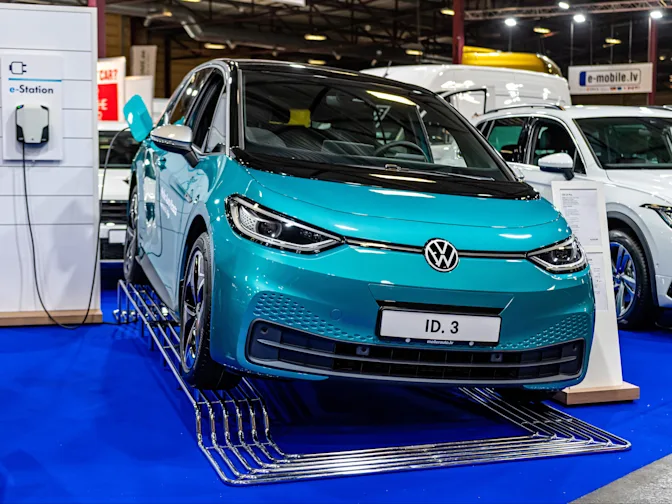
The Volkswagen® Emissions Scandal: From Scandal to Sustainability
In 2015, the automotive world was shaken to its core when Volkswagen® (VW) was exposed for intentionally deceiving emissions regulators and the public. Dubbed "Dieselgate," this scandal wasn't just about breaking a rule or two — it involved manipulating vehicle software to cheat emissions tests, allowing cars to appear compliant while releasing harmful levels of pollutants on the road. As shocking details emerged, VW faced an unprecedented crisis that would forever alter its brand image and lead to a remarkable transformation.
How Volkswagen Pulled Off the Emissions Scam
The crux of the scandal was an illegal software feature, essentially a "defeat device" installed in millions of VW diesel vehicles that could detect when the car was undergoing emissions testing. During tests, the software would limit emissions to meet legal standards, but in regular driving conditions, the vehicle would emit nitrogen oxide pollutants up to 40 times above the U.S. legal limit. For a brand that marketed itself as eco-friendly and efficient, the deception was staggering. Volkswagen had not only misled consumers, but also endangered public health, sparking outrage and severe legal repercussions worldwide.
The Aftermath and Financial Fallout
The immediate fallout from Dieselgate was devastating for Volkswagen, prompting a recall of 8.5 million vehicles across Europe, including 2.4 million in Germany, 1.2 million in the U.K., and 500,000 in the United States. The company faced billions in fines, legal fees, and compensation claims, not to mention a drastic drop in consumer trust. VW's former CEO, Martin Winterkorn, resigned, and high-ranking executives were held accountable, signaling the depth of the scandal. The financial hit, estimated at over $30 billion, marked one of the most expensive corporate scandals in history.
A Shift Toward E-Mobility and Climate Leadership
Surprisingly, Dieselgate became a catalyst for change within Volkswagen. In response to the scandal, the company committed to a monumental shift toward electric mobility and environmental sustainability. By 2022, VW had emerged as a leader in e-mobility, investing billions in electric vehicle (EV) production and battery technology. The scandal forced the brand to rethink its identity, with a focus on transparency and reducing its carbon footprint, aligning VW with global climate goals in a way that had seemed unimaginable before Dieselgate.

A New Image or Just Clever Marketing?
Volkswagen's transformation raises questions: Has VW genuinely reformed, or is this shift to sustainability another marketing maneuver? Some argue that the company's dedication to electric vehicles and renewable energy investments suggests real change, with VW setting ambitious goals for EV market share and carbon neutrality by 2050. Critics, however, remain wary, as the legacy of Dieselgate is difficult to shake.
What Dieselgate Taught the Auto Industry
The VW emissions scandal didn't just affect Volkswagen; it sent shockwaves throughout the entire auto industry, prompting other manufacturers to re-evaluate their own environmental practices. Dieselgate underscored the need for stricter oversight, transparency, and a shift toward sustainable practices. It's a lesson that resonates with consumers today, who demand accountability and eco-consciousness from the brands they support.
A Transformation Rooted in Accountability
While the Volkswagen emissions scandal may forever tarnish the company's past, it also pushed the brand to forge a new path. Today, VW is positioning itself as a leader in sustainable mobility — a journey that could inspire lasting change across the automotive sector. Whether this transformation is enough to restore public trust remains to be seen, but VW's evolution from emissions cheater to climate champion is nothing short of remarkable.
References: Volkswagen: The scandal explained | From Emissions Cheater To Climate Leader: VW's Journey From Dieselgate To Embracing E-Mobility























